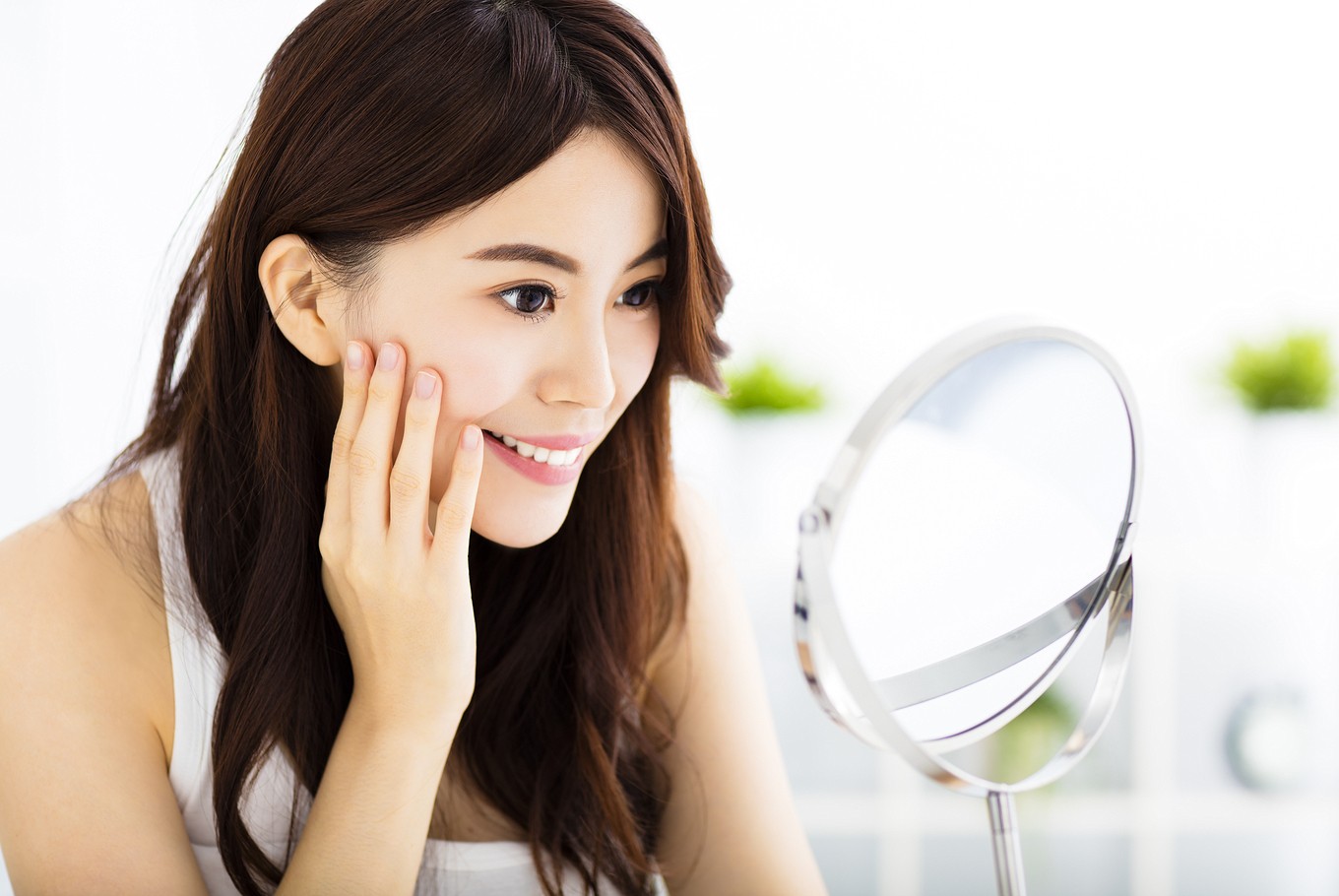Popular Reads
Top Results
Can't find what you're looking for?
View all search resultsPopular Reads
Top Results
Can't find what you're looking for?
View all search resultsSix facts you should know about Asian skin
We all know that Asian skin has many differences compared to other skin types. However, do you know what makes Asian skin different?
Change text size
Gift Premium Articles
to Anyone
W
e all know that Asian skin has many differences compared to other skin types. However, do you know what makes Asian skin different? As it is the result of our unique genetic inheritance and weather conditions, Asian skin requires different care methods.
Asian skin ages slower
Asian women usually look younger than other women of the same age. What makes Asian skin resist aging longer? The secret is that the dermis of Asian skin is thick. The dermis is an important skin layer that contains collagen and elastin. These are two type of connective cells responsible for supple and elastic skin. The more collagen and elastin you have, the fewer wrinkles you get.
Asian skin scars more easily
Asian skin can more easily be scarred, especially acne scars. The reason is that Asian skin has a thin stratum corneum, the outermost layer of the epidermis, consisting of dead cells. The stratum corneum plays a role as a barrier to protect underlying tissue. Having a thinner stratum corneum means that your skin is vulnerable and makes it harder to heal completely. Therefore, you should protect your outer skin and carefully treat your acne.
Asian skin is oilier
Asian skin is oilier due to both outer and inner factors. Firstly, there are more oil glands (sebaceous glands) that produce oil (sebum). Oil production is a natural process, making your skin supple and smooth. When you have more oil glands, your skin produces excess oil. The humidity in the air can also cause your oil glands to overact, causing oily skin. Oily skin can enlarge your pores, making it easy for acne to develop.
(Read also: Urban life can make your skin 'break out')
Asian skin is more sensitive
Asian skin is more sensitive because the stratum corneum is thin. Heat, cold and chemicals can easily irritate the skin. You need to be careful when using skin care products with harsh ingredients. You may need products advertised “for sensitive skin” or consult your dermatologist for advice.
Asian skin loses moisture more easily
Dermatologists use the term “Trans-epidermal Water Loss” (TEWL) to measure the amount of moisture that the body loses under non-sweating conditions. Some studies have shown that the values measured in Asian skin are the highest compared to others. If your skin does not have enough moisture, it becomes dry and can get scaly, itchy and become cracked. To hydrate your skin, you need to pick moisturizers that are rich in water-binding ingredients such as hyaluronic acid.
Asian skin is prone to hyperpigmentation
All skin types have the same amount of melanocytes, which are pigment skin cells that produce melanin to give your skin its color. They are also responsible for shielding your skin from the sun’s UV lights. The amount of melanin melanocytes produced can vary.
Many researchers have shown that Asian skin has more melanin. This causes Asian skin to have more pigmentary disorders such as hyperpigmentation, melasma, freckles and age spots. To prevent skin from sun damage, you should wear a broad-spectrum sunscreen with an SPF of 30 or more. It is also helpful to wear sun-protection clothing such as long-sleeved shirts, wide-brimmed hats and sunglasses when you plan to go outside.
Asian skin is different to other types of skin and requires special attention. Don’t forget to protect your skin from sun damage and find the right skin care routine that best suits your skin. You can talk to your dermatologist for more advice. (kes)












